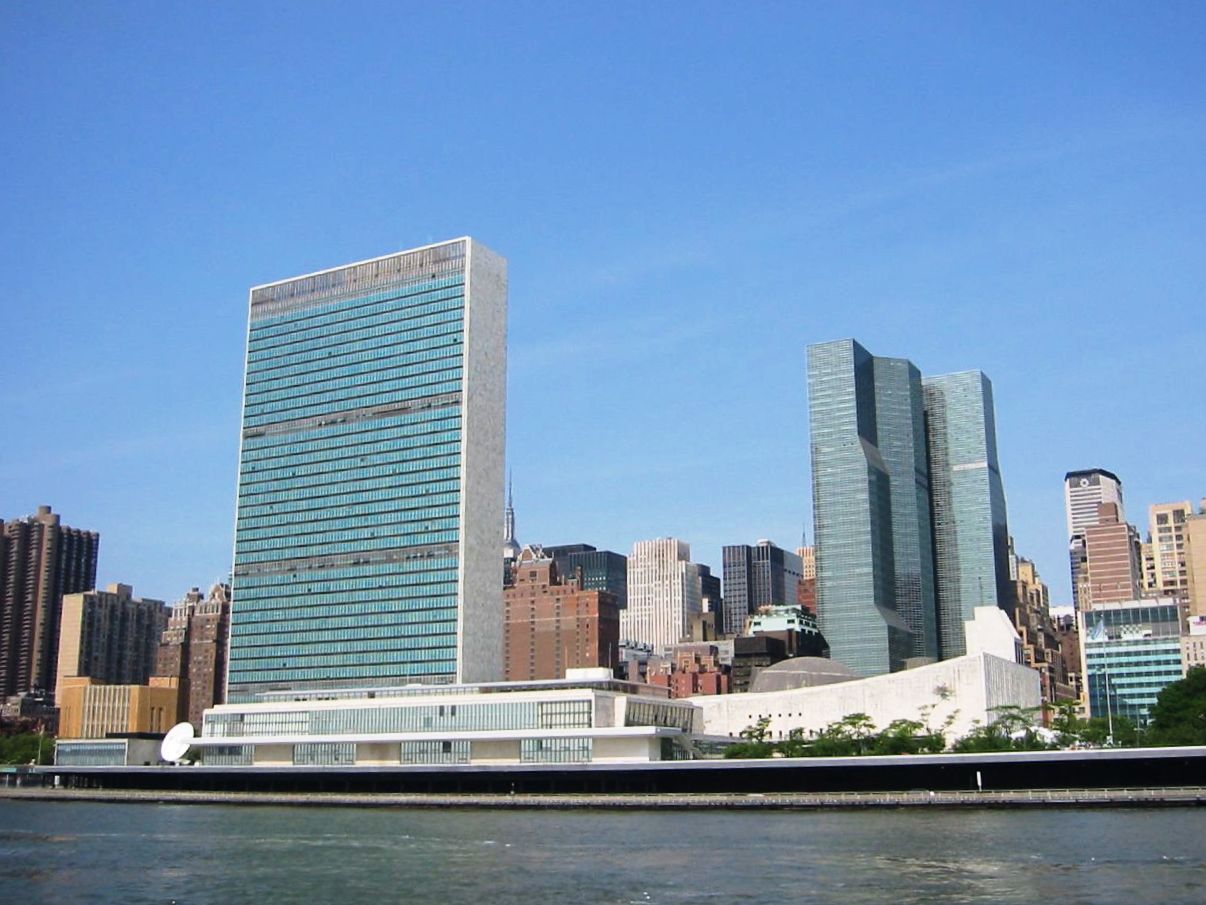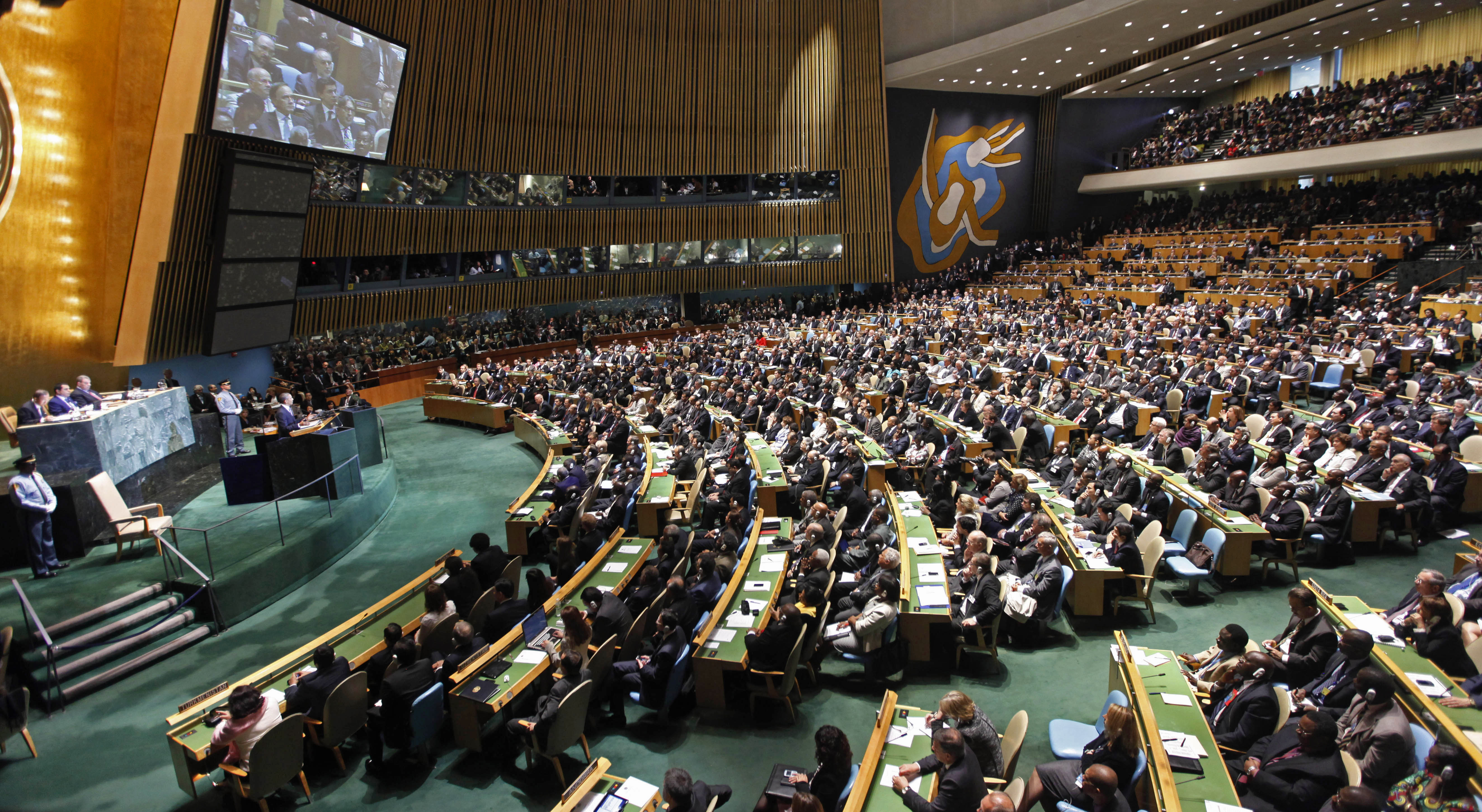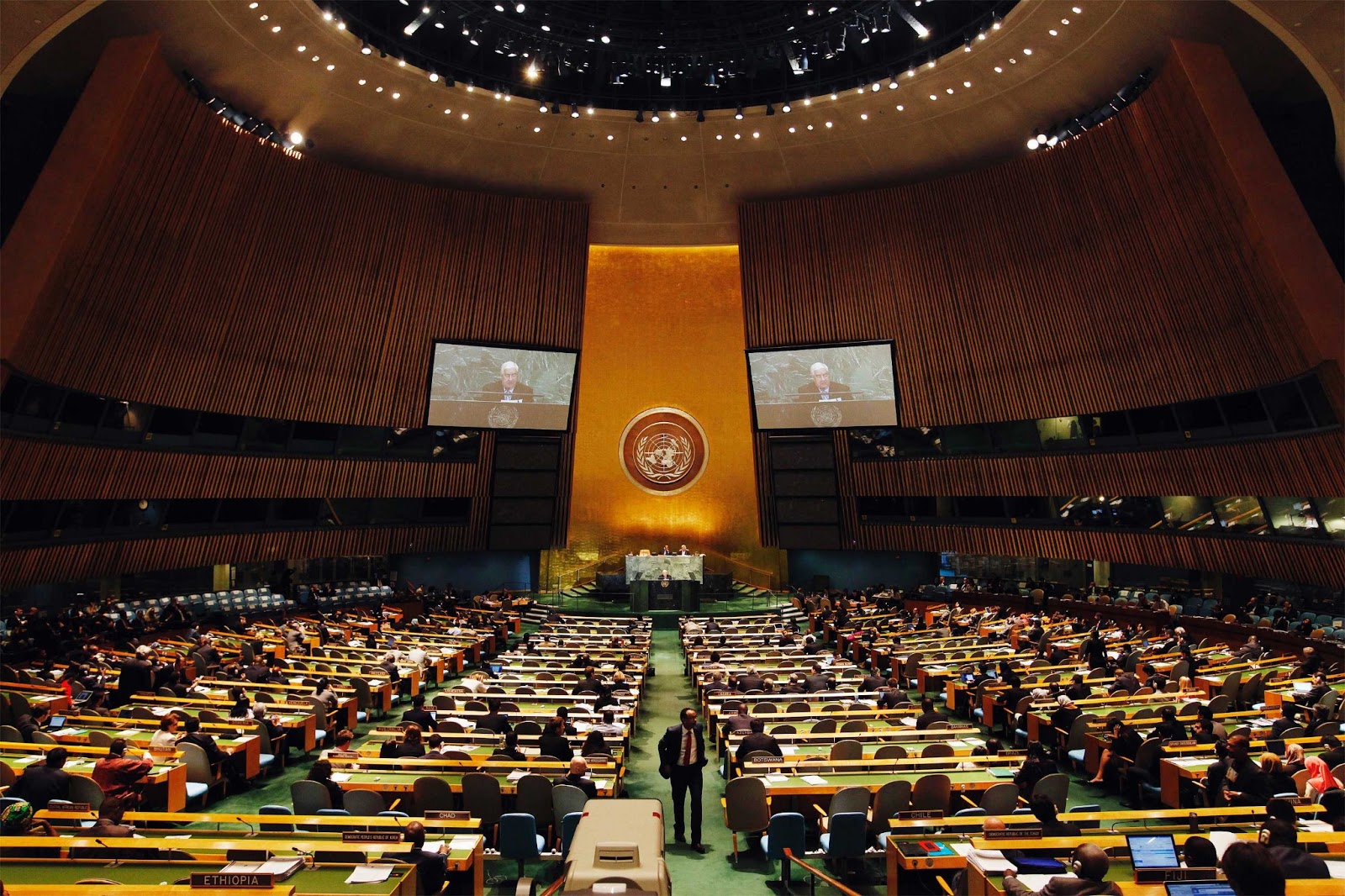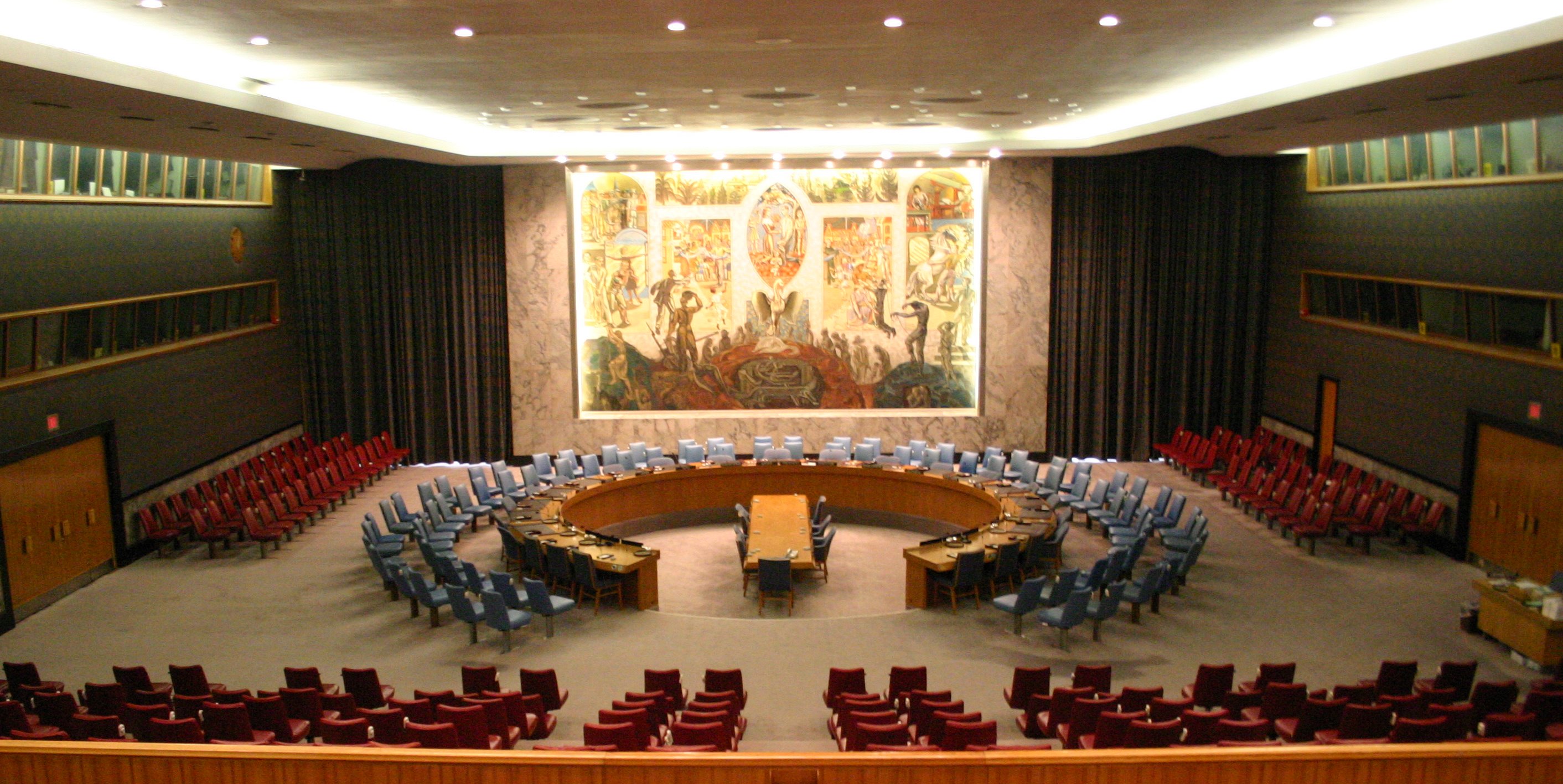Towards a New International Economic Order: Report of the Secretary-General (A/73/290)
SDG #8: Decent work and economic growth

Improved economic performance in the global economy increasingly overshadowed by heightened risks and humanitarian concerns; armed conflicts a major impediment to progress on sustainable development; need for a redoubling of policy efforts to support conflict prevention and resolution

Rising levels of public debt fueling fiscal sustainability concerns in many developing countries
Several countries highly vulnerable to a sharp increase in government interest burden in the event of a financial shock
High debt service obligations limit the availability of resources to pursue development objectives

One of the pillars of the 2030 Agenda for Sustainable Development is the pledge to ?leave no one behind?. This paper argues that we must recognise that many people throughout the world are not just being left behind. They are being pushed even further behind, and their levels of well-being are falling, often in ways from which it is impossible to fully recover.

Global growth expected to reach 3.2 per cent in 2018 and 2019
Key downside risks to the global economy include rising trade tensions, elevated debt and uncertainty over monetary policy adjustments in the developed countries
Recent strengthening of economic growth carries environmental costs

Committee for Development Policy,?Report on the twentieth session? (12-16 March 2018) (E/2018/33)

Short-term prospects for the world economy have continued to improve, according to the World Economic Situation and Prospects as of mid-2018. World gross product is expected to expand by 3.2 per cent in both 2018 and 2019, marking an upward revision from forecasts released in December 2017.

? ??????? ?????? ???????? ?????????????? ? ??????????? ?????????, 2018 ???? ??????????????? ?????????? ? ??????? ????????? ??????????, ????-??? ?????????????, ?????????????, ?????????? ????????????? ?????????????? ?????????? ???????, ?????????????, ????????????? ? ????????????? ?????????, ? ????????????? ?? ?????????????, ?????????? ? ????????????? ???????????. ??? ?????????? ???????? ???????? ??????????? ? ????? ????????????? ??-?????? ??? ? ??????? ??????????? ???????? ?? ?????? ?? 2030 ????, ??????????? ?????????????? ?????, ??????????? ? ????????????? ????????????, ?? ??? ???? ? ???? ????? ?????? ???????????? ???? ???????????, ????????????? ????????? ? ?????????? ??????????? ? ??????? ? ?????????????? ???????????, ? ? ????? ? ???? ????????? ????? ????????? ? ????????? ???????.

?????????????????? ???????????????????? ????? ???????????????????????? ?????????? ?? ?? ? ?? 2018 ???? ??????
 Welcome to the United Nations
Welcome to the United Nations